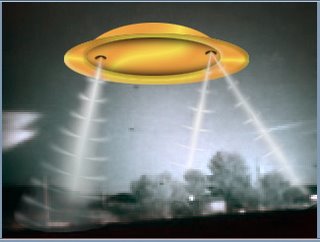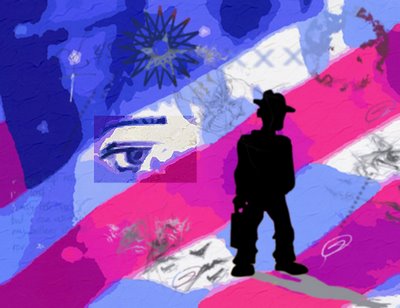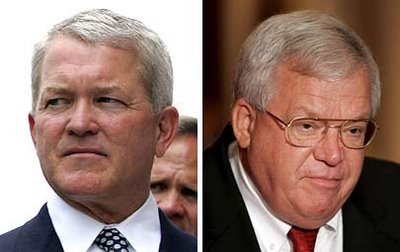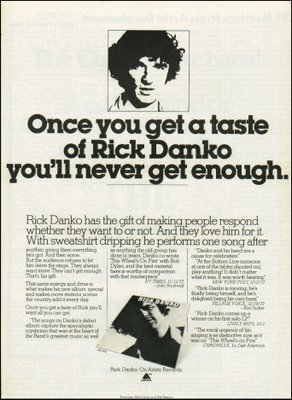Growing up in Kent, Washington, most of our moms, and none of our dads, went to school after the 8th grade. They went to work on the farm, or in town, if they had lost the farm during The Depression. Most of them enlisted when they were old enough to lie their way into The Army.
The kids on the hill, including my future wife, had parents that went to college and made a little money. Down in the valley, the only thing we shared with the hill dwellers was the town itself, school, and the annual Cabbage Festival. In the valley, our cars and pickups were ten years old. The houses were a hodgepodge of rambling additions tacked onto tiny post-war structures. At least part of our food came from hunting, fishing, and foraging. We ate venison and steelhead at times. Our dads brewed their own beer and sometimes made wooden toys in a friend's shop. They also built home-made vacation trailers and rowboats.
Our fathers grew up in rural Washington, Oklahoma, Wyoming, The Dakotas and Carolinas, Kansas, Arkansas, and Idaho. We were descended (again, mostly on our fathers' sides) from tarheels, hillbillies, and crackers. Our mothers grew up in Western Washington, where our fathers ended up after the war. In 1945, they mustered out of the service in Bremerton or Fort Lewis, and liked the mild weather, the trees, and the fishing and hunting. Instead of going back to the farms on the prairies, they stayed.
We bought our clothes from J.C. Penney or the Sears & Roebuck catalog store. When (and if) we went on vacation, we camped. We went out for dinner once or twice a year, to Colonel Sanders or the A & W Root Beer Stand. I learned to swim in the Green River (the same river in which I was baptized) and got to swim in a pool once a year, with the Cub Scouts. The water was warm, and blue, and to this day, the smell of chlorine reminds me of wealth.
I didn't know anyone who had been divorced, except my dad's brothers, Uncle Romey and Uncle Gould. I never knew a mother who worked outside the home until I was eighteen. Every single kid's father had been in the army or navy, and in my case, both.
A few of the fathers were lucky, smart, or ambitious enough to get a business going, but mostly they worked in construction or Teamster jobs. There were no shopkeepers or clerks in this crowd. They were too physical for that. Those sorts of jobs would have seemed a little swish anyhow. Everyone's dad was periodically fired or laid off. None of my friends were destitute--our parents had enough money for clothes, food, and a trip to the movies or a comic book once in a while (thirty-five cents and twelve cents respectively), but at any given moment, every single one of us were exactly one paycheck from poverty.
When our dads were unemployed, we were eligible for government surplus food commodities. I remember going to a vast warehouse in Auburn to pick up cornmeal, margarine, canned "meat," nonfat dry milk, powdered eggs, canned peas and spinach, rolled oats, sugar, and peanut butter. My old man made Slugger's dogfood from some of the cornmeal and canned beef.
Growing up in Kent, Washington (pop. 3,200; now an incredible 85,000), the only place I ever ever heard words like "negro" or "black" were on T.V. The Japanese, Filipino, and Mexican families were mostly ignored. Had African-Americans had a larger presence, race would have been a far more important issue. The Japanese families that returned to Kent after the war, following their release from internment camps in Idaho, were mostly exempted, while the full brunt of racism was focused on the blacks. The words to describe our black brothers and sisters were coon, nigger, spook, spearchucker, darky, and jungle bunny. According to
Dictionary.com,
"The term nigger is now probably the most offensive word in English."An early memory from childhood is of putting a nickel in my mouth, and hearing "Don't put that in your mouth! A nigger could have touched it."
---o0o---











